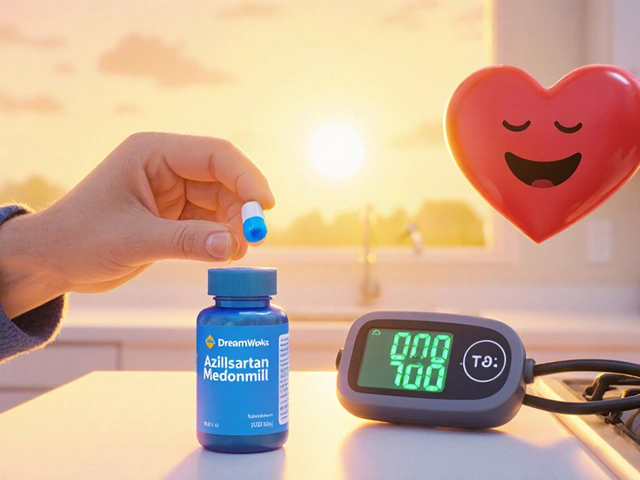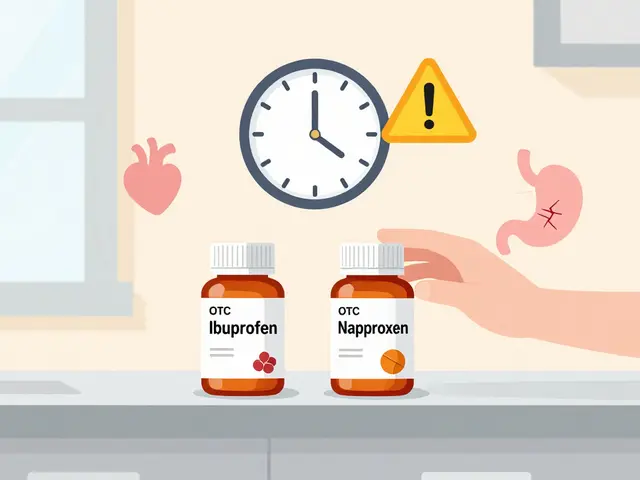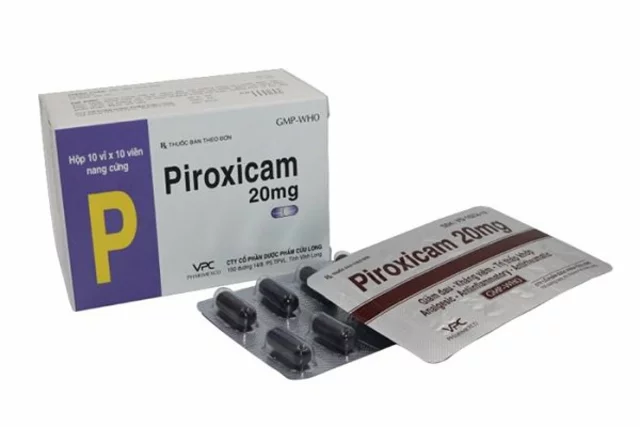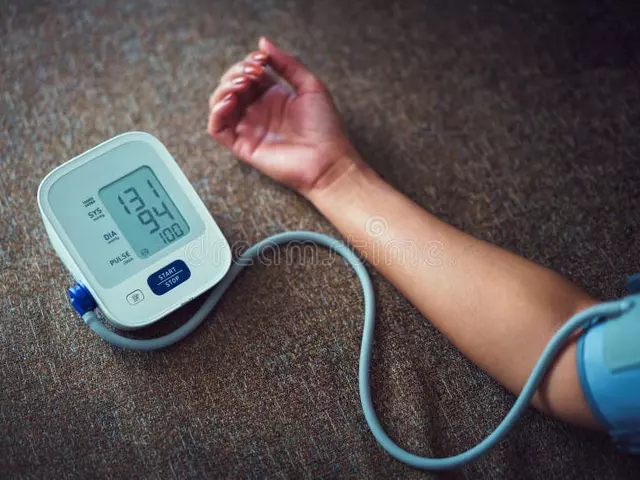Arrhythmias — Spot Symptoms, When to Act, and Which Medicines Matter
Heart skipping beats, racing, or suddenly slowing down? Those are common signs of an arrhythmia. Most are not life-threatening, but some need fast care. This page gives clear, practical steps: how to recognize trouble, what doctors usually try first, and simple safety tips for the medicines you may be prescribed.
Recognize trouble and act fast
Listen to your body. Sudden palpitations that last more than a few minutes, chest pain, fainting, extreme shortness of breath, or dizziness are red flags. If you feel faint or have crushing chest pain, call emergency services right away.
For less dramatic symptoms—occasional palpitations, mild lightheadedness—book a clinic visit. Your doctor may order an ECG or a 24–48 hour Holter monitor to catch intermittent problems. Wearable trackers can help spot patterns, but they don’t replace medical testing.
Common treatments and practical safety tips
Treatment depends on the type of arrhythmia. For fast heart rates or atrial fibrillation, doctors often use rate control drugs like beta-blockers (Toprol/metoprolol) or calcium-channel blockers. For more stubborn rhythm problems, antiarrhythmics such as amiodarone (Cordarone) may be used.
Before starting amiodarone, ask your doctor about baseline tests: thyroid, liver blood tests and a chest X-ray or pulmonary check. Amiodarone can affect the lungs, thyroid, and liver, and it interacts with drugs like warfarin and digoxin. Your doc will usually monitor blood tests regularly—often every few months—while you take it.
If you have atrial fibrillation, anticoagulants may be recommended to lower stroke risk. Those drugs increase bleeding risk, so discuss falls, other medications (like NSAIDs), and procedures with your doctor.
Other options include electrical cardioversion, catheter ablation, or implantable devices for severe cases. Lifestyle steps—cutting back caffeine and alcohol, managing sleep apnea, keeping potassium and magnesium levels normal—often help too.
Buying heart medicines online? Be careful. Use licensed pharmacies and check reviews carefully. Our site has guides on how to buy medicines safely online and how to spot fake pharmacies—use those if you’re shopping on the web.
Practical checklist before any heart drug:
- Confirm the diagnosis with ECG/Holter.
- Ask about baseline blood tests and imaging (thyroid, liver, lungs if using amiodarone).
- Review drug interactions: cholesterol meds, blood thinners, and digoxin commonly interact.
- Know side effects that need urgent review—worsening shortness of breath, sudden fainting, or severe bleeding.
- Keep follow-up appointments and bring a list of all medicines and supplements.
If you’ve got specific questions about a drug you were prescribed or need to read patient-friendly guides on medicines like Cordarone or Toprol, check our articles for clear, practical advice and safety tips. And remember: always run medication changes by your cardiologist before you stop, start, or switch anything.

Thyroid Disorders and Arrhythmias: What You Need to Know
Thyroid problems can mess with your heartbeat in ways most people don't realize. This article breaks down why your thyroid matters for your heart's rhythm, what signs to watch for, and what you can do about it. You'll get practical tips, real-life examples, and some surprising facts. If you're dealing with heart palpitations or know someone with a thyroid issue, this is stuff you need to understand. No jargon, just clear info you can actually use.
View More




